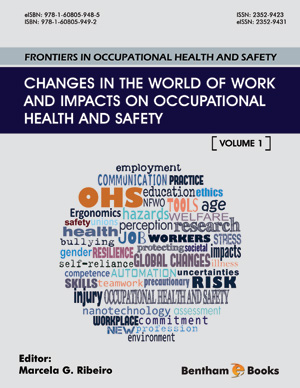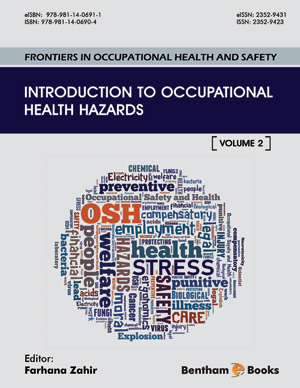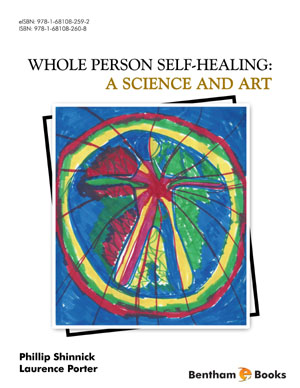Abstract
This chapter examines two central moral questions regarding treatment decision making in the NICU, namely: “Who should make treatment decisions for neonates?” and “How should treatment decisions for neonates be made?” In response to the first question, we argue that parents should ordinarily have primary decision-making authority for neonates, but that physicians and society also play essential roles in guiding these decisions. In discussing the role of society in such decisions, we review the complex and controversial topic of the Baby Doe regulations. In response to the second question, we point out that, of the three recognized standards for surrogate decision making, only the best interests standard is applicable to the treatment of neonates. We note that the best interests standard provides only very general guidance for surrogate decision makers. Finally, we argue that, contrary to the Baby Doe rules, treatment decisions for infants with life-threatening conditions should be based on both the infant’s prospects for survival and the infant’s current and future quality of life.
Keywords: Neonate, Treatment decisions, Baby Doe, Quality of life, Role of parents, Role of physicians, Prolongation of life, Ethics, Best interests standard, neonatal care, NICU.












